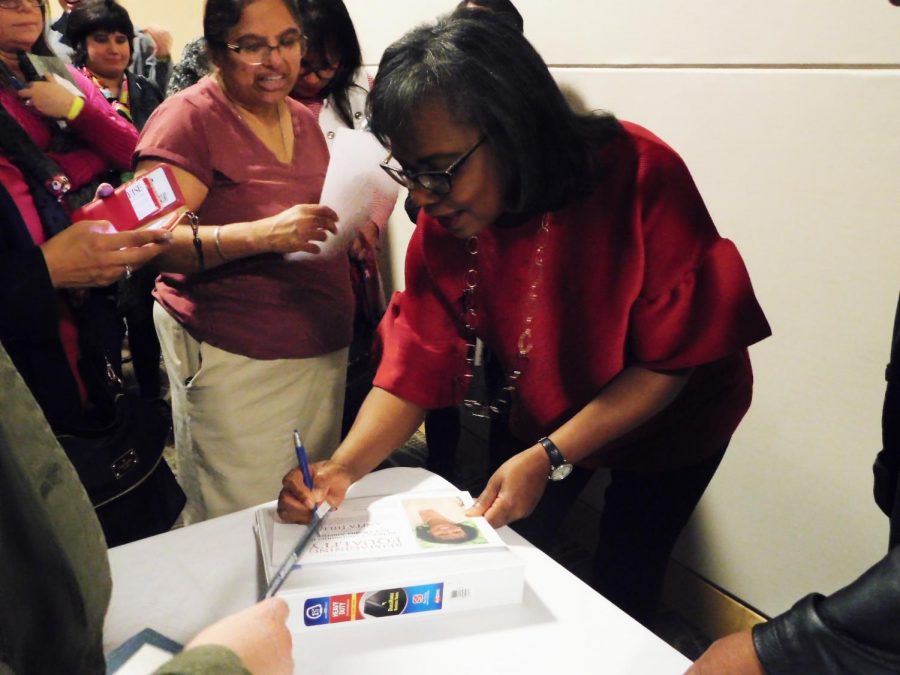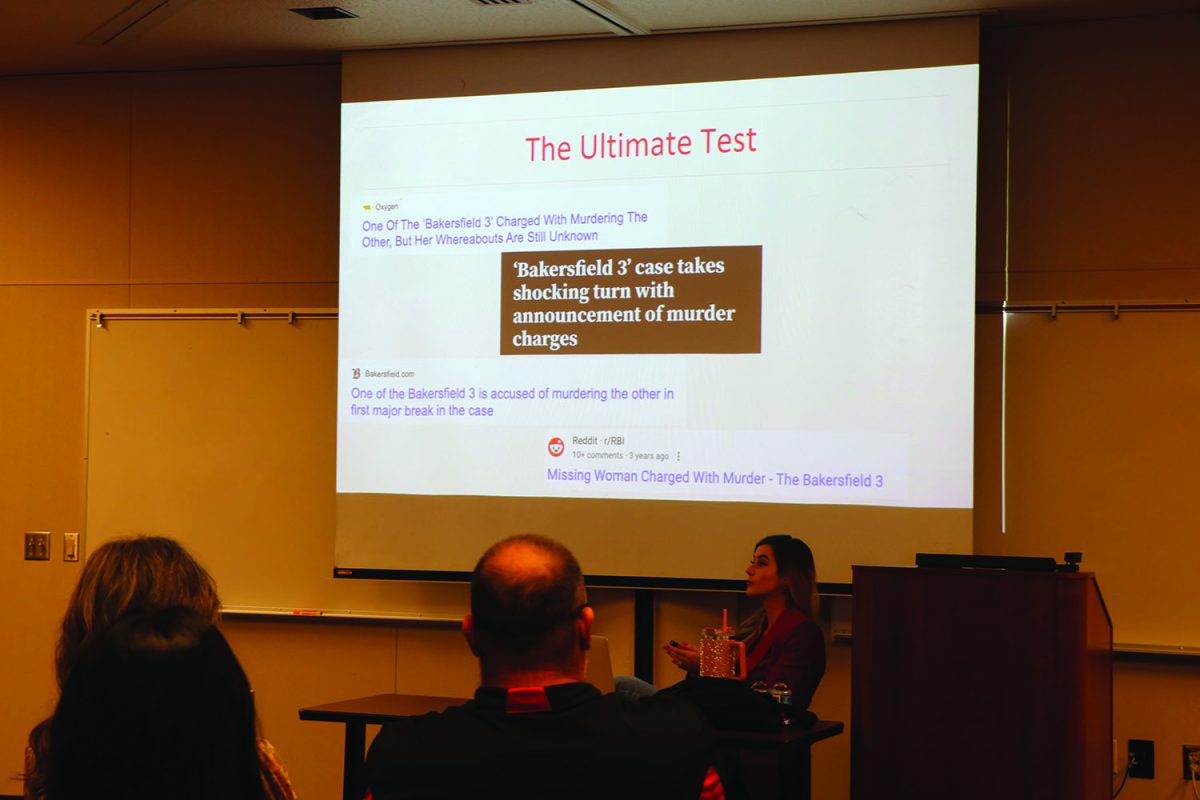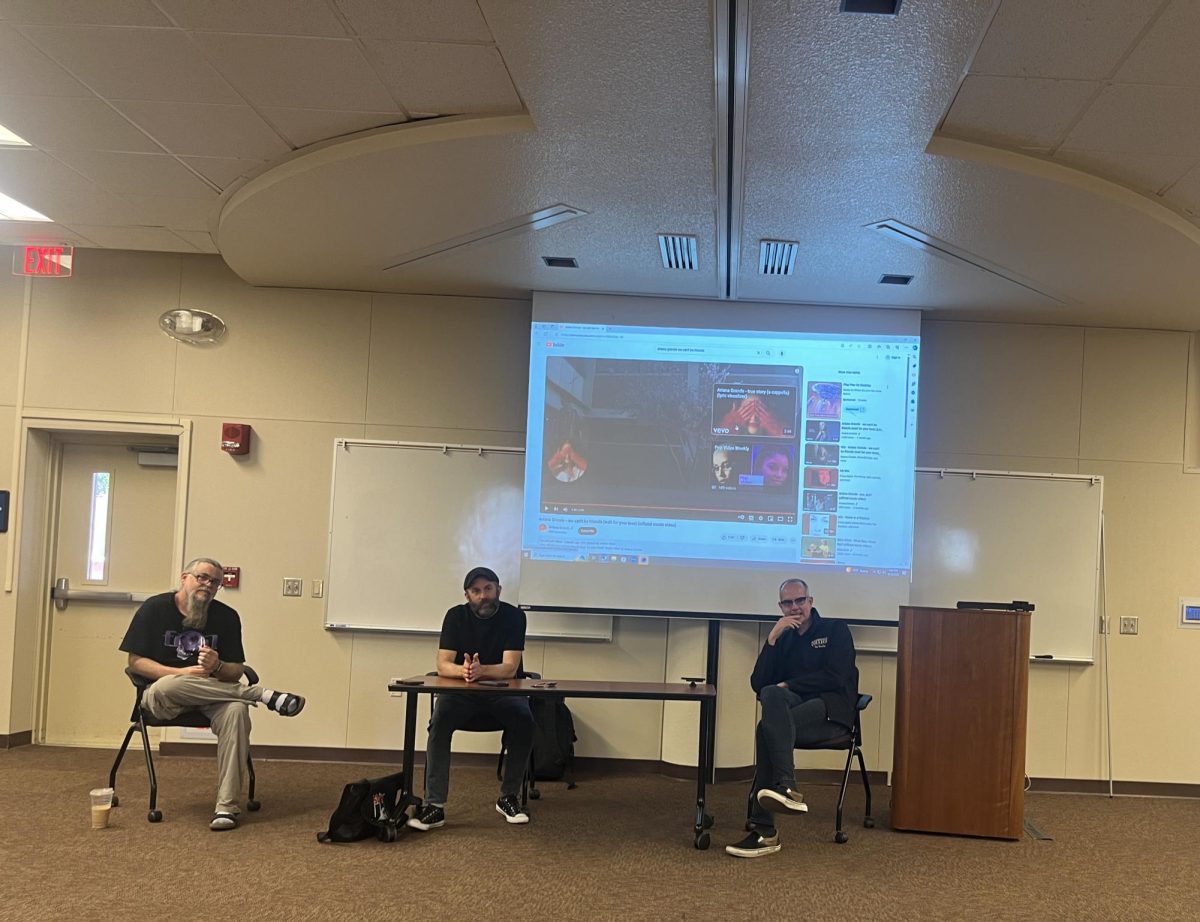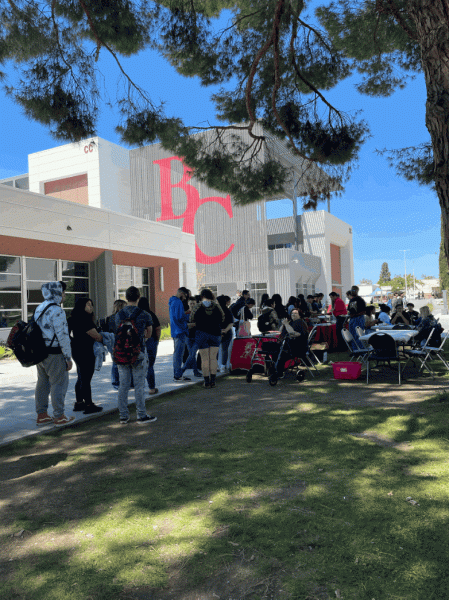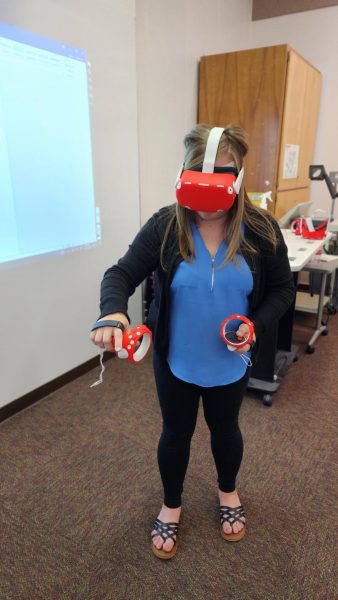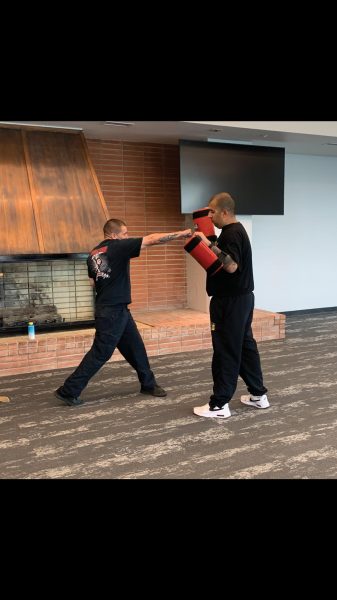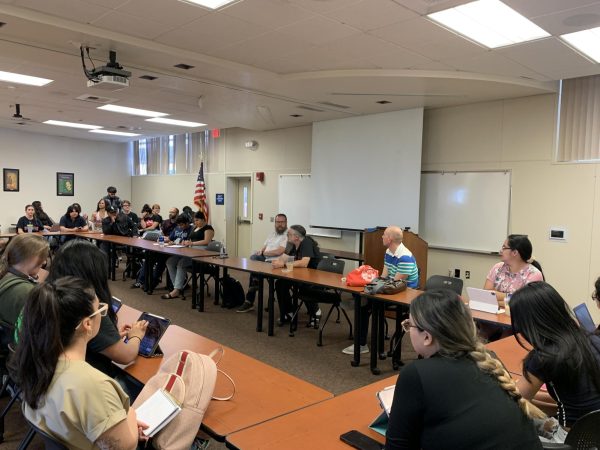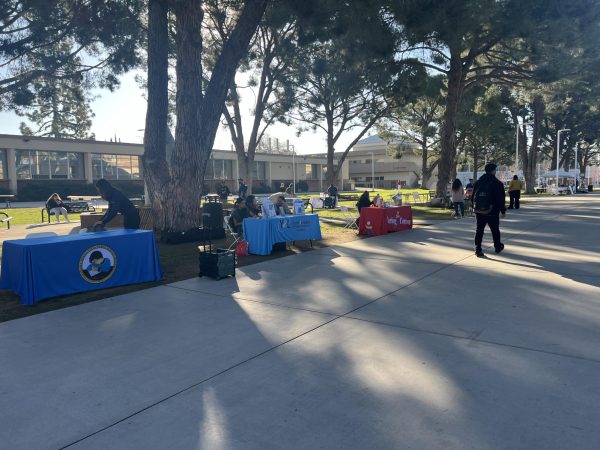Anita Hill speaks about sexual harassment and sexual assault at BC
Anita Hill signs books
March 11, 2018
Correction: The print version of this article stated that Hill’s speech was part of the Distinguished Speaker Series. However, the event was part of the 3rd Annual Levan Lecture.
Anita Hill was a guest at the Edward Simonsen Performing Arts Center Indoor Theatre at Bakersfield College on March 8 where she spoke about the issues of sexual harassment and sexual assault.
“I think there’s this understanding that, ‘Oh everybody grew with this idea of sexual harassment and we always understood if it was a bad thing.’ Well that’s just not the case. In 1991, even as late as 1991, there were very few employers who had anti-harassment policy. The federal government had not made any sexual harassment over sexual assault in college campus as a priority in terms of the department of education did,” Hill said.
She talked about a court case that happened with Yale University in which the federal court said that schools had an obligation to issue policies to eliminate sexual harassment on college campuses.
“A woman who started working as a bank teller at the age of 19 years old had been forced to have sex with her manager between 50 to 60 times before she finally left her job. She had to take that case all the way to the supreme court to get the court to declare that the acts and the behavior she had endure were a violation of the law. She lost, really, at the court of appeal. The courts recognized the problem, but the public have not really recognized it. Most women suffered in silence. Let me just say that even though there was no public outcry, no government prioritized, some women did step forward. This is one of the placed where I want to really think about how difficult it was, but how courageous some people were,” Hill explained.
When talking about her testimony against then Supreme Court nominee Clarence Thomas, she mentioned that someone had pulled out a copy of the exorcist and suggested that she took her testimony out from the exorcist. When she stated that a lot of people in the crowd gasped,
“Now I assume that they thought I was either demonically possessed or he was demonically possessed, but I think what was really happening was that he was trying to say that women who do these kinds of things, who talk about these types of subjects, are crazy. Even the whole idea of Clarence Thomas and the high tech lynching was in fact a misuse of our history of race and gender history. What he said was a high tech lynching for the blacks who in any way think for themselves and do for themselves that had different ideas,” Hill stated.
Hill told the audience that he was able to portray himself as an injustly accuse man and a victim of racism.
“Thomas could not really point to any evidence that in our history, an African American woman had accused a black man to be lynched. He completely ignored the fact that African American women had been harassed and have been abused sexually historically and currently. It was received as true [by the senators] because they didn’t know any better. There was not an assist that a senator who could actually draw their own knowledge of our racial history to tell the difference between what was true and what was false. That truly is something that I’m not convinced we have outgrown today,” said Hill.
She cited that one of the most important lessons comes from a senator who said that they would be threatened by real harassment because they gained to testify and dismissed that sexual harassment is crap. Hill mentioned that she felt they were not just talking about her as an African American woman, but they were talking about everyone.
“In fact, in many ways he was talking to every victim of abuse who has ever had to face a cynical audience that says to you, insist to you, that abuse either does not exist, it isn’t real, or that it doesn’t matter and no one cares about it. Those messages from 1991, we are fortunate though that they did not stop us from moving forward entirely. They might have slowed us down, but they did not stop us.”
Hill stated that since then there have been many victories. Some of them are just the fact that women have been sharing their stories since 1991.
“Sharing stories that have been hidden for years, sharing the pain of their experiences of having to face abuse in a workplace or in their home,” she said. “We cannot turn a blind eye and in the face of knowing how prevalent sexual harassment is and knowing that we have witnessed it, we can no longer call ourselves innocent bystanders. We are not bystanders. We know the pain that it causes. We know the story.”


